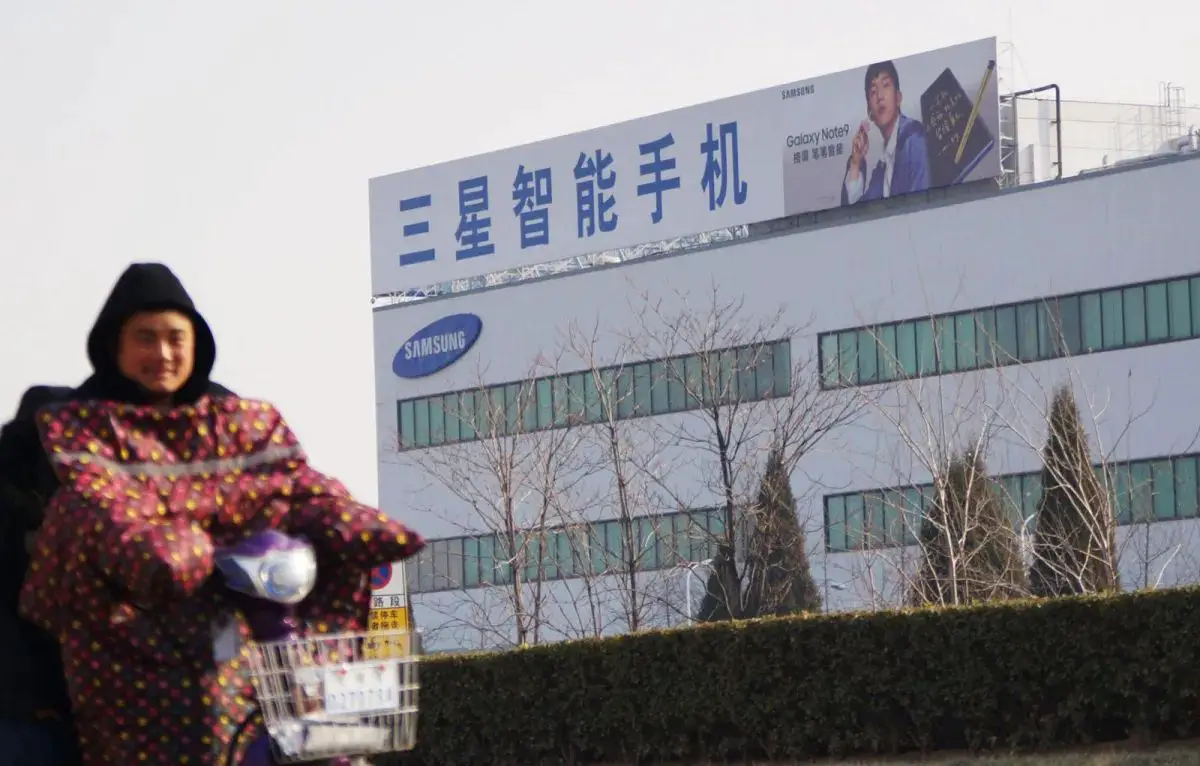Samsung, which was among the first companies to invest in factories in China in 2002, announces today that it will shut down its production lines in the country at the end of August.
“The factory of the world” begins to empty itself of its prime contractors.
Only research and development activities will be maintained in China. 1,700 employees of the Suzhou plant will either be made redundant or relocated to another base of the manufacturer, clarifies a spokesperson for Samsung.
- Trump threatens to ban TikTok video app
- Apple suppliers have transferred 6 production lines to India
- Huawei will not use Google services even if the ban is lifted
The new Cold War between the US and China
On both sides of the globe, moves are made and accusations of espionage are rife. Samsung believes this is bad for business, so the company plans to relocate the majority of its production to Vietnam, where they invested heavily for 10 years and which provides it with even cheaper labor than in China.
But Samsung is trying to make the closure of the Suzhou plant a non-event detached from current trade tensions. With more than 6,000 workers at its peak in 2012, the Suzhou plant had gradually lost its relevance.
The South Korean giant’s market share has only declined since (to the benefit, in particular, of Huawei and Xiaomi), and the plant in question exported more than 1 billion USD of computer equipment in 2018 against more than 4.3 billion USD in 2012. An almost logical closure, from this point of view, which follows those of Shenzhen, Tianjin and Huizhou that Samsung also closed last year for similar reasons.
How China treat the minorities might be another reason
Another thing that can also explain the sudden restructuring of the manufacturer is how China treats some minorities such as the Uyghurs. Last week, and after the New York Times published a new article about the policy of erasing the Uyghur minority in China, the Australian Strategic Policy Institute (ASPI) released an alarming report singling out 83 companies that allegedly employ, by force, and in deplorable conditions, Uyghur workers in their factories in China.
You guessed it, Samsung is of course part of the lot. Just like Apple, Huawei, Sony or countless companies specializing in textile.
A coincidence of the calendar, no doubt, which allows Samsung to kill three birds with one stone: to protect itself from having to take sides in the trade war between China and the United States, to benefit from an even less expensive labor force on its production lines, and to withdraw from accusations of forced labor on Uyghur communities when leaving the country concerned.





